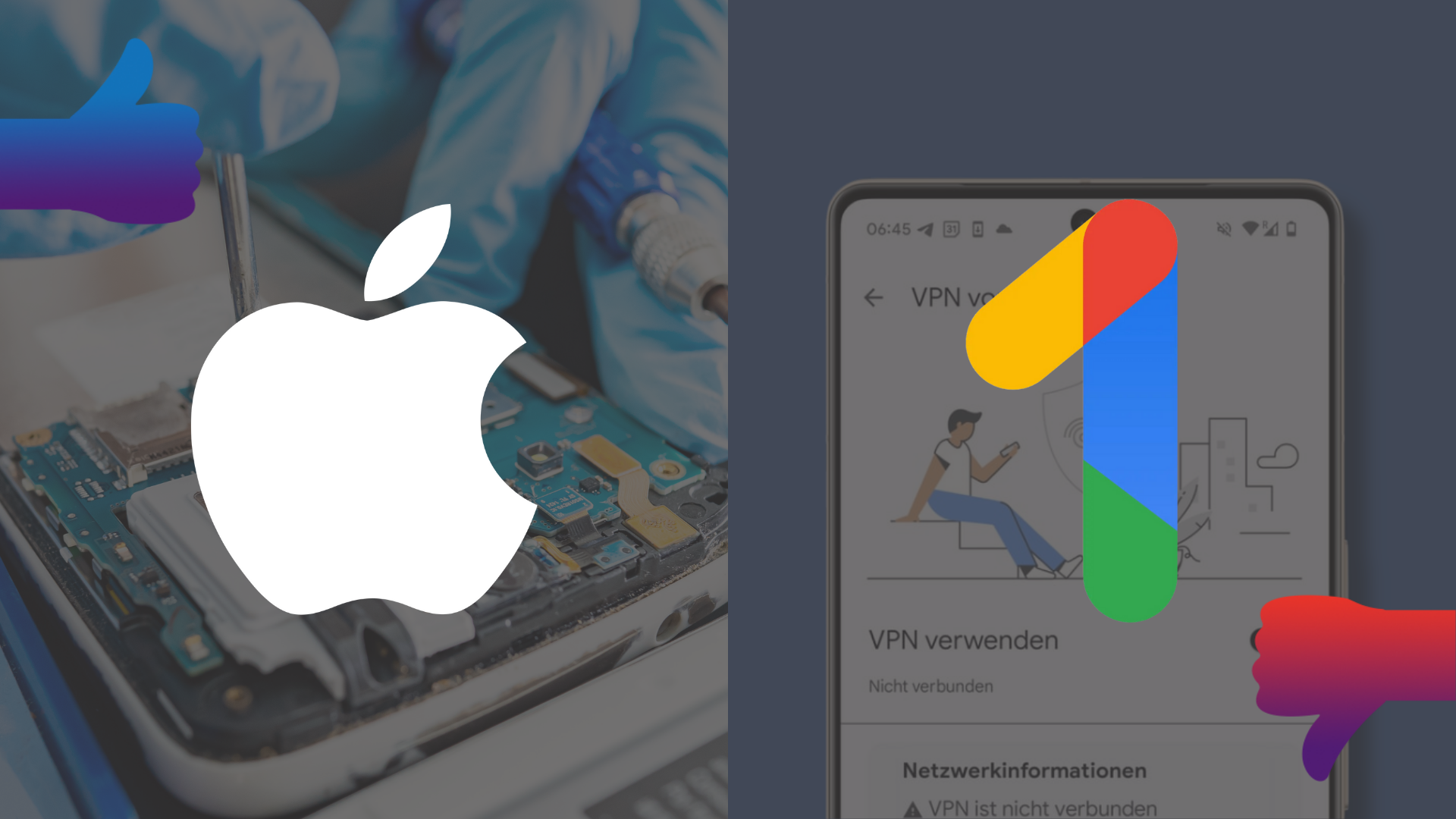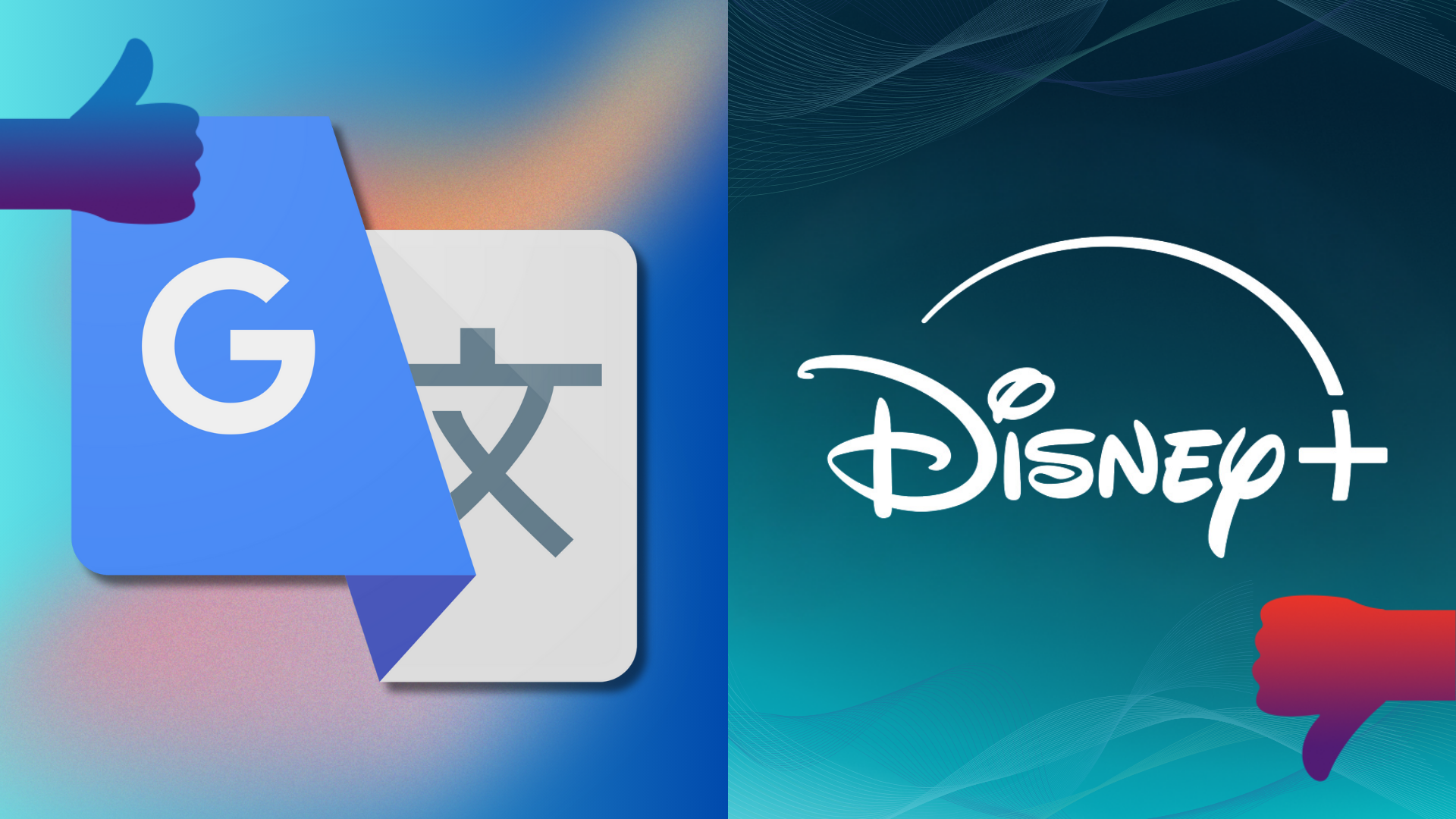Winners and Losers: Multiversus scores at launch while Prime suffers a price hike
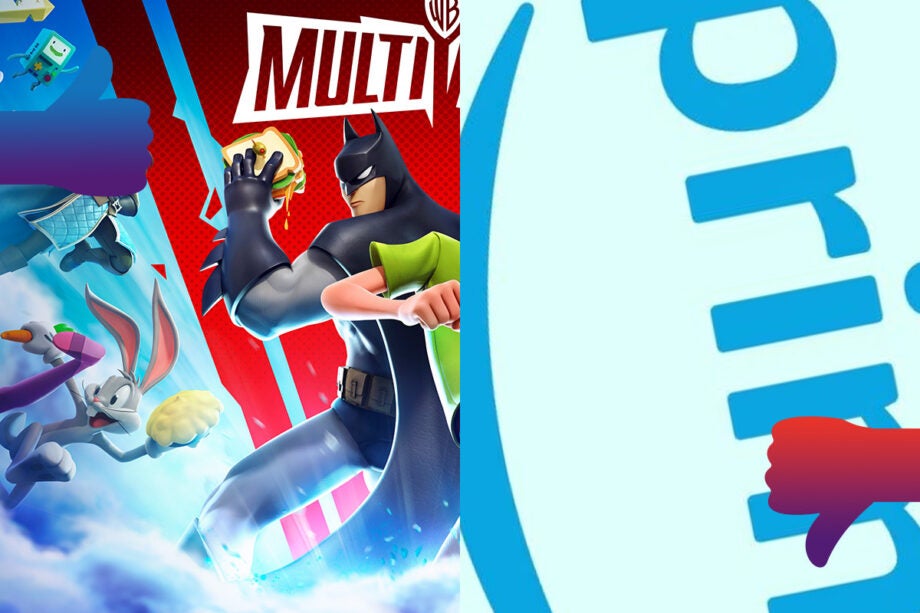
OPINION: As another week draws to a close, now’s your chance to look back at the best (and worst) tech news stories of the last seven days.
With talk of rising energy price caps and increasing costs to new and existing tech (see the extra £100 being lumped on the Meta Quest 2), consumers are very much feeling the crunch this week. Just to compound people’s budgets even further, Amazon has announced that it will be upping the yearly and monthly rates for its Prime subscription, making it an easy target as this week’s loser.
If you’re after some better news then look no further than the recent launch of Multiversus. Not only is the game interesting in its own right for being Warner Bros’ take on the multi-franchise fighter genre that’s been popularised by the Super Smash series, but it doesn’t cost you a penny to play.
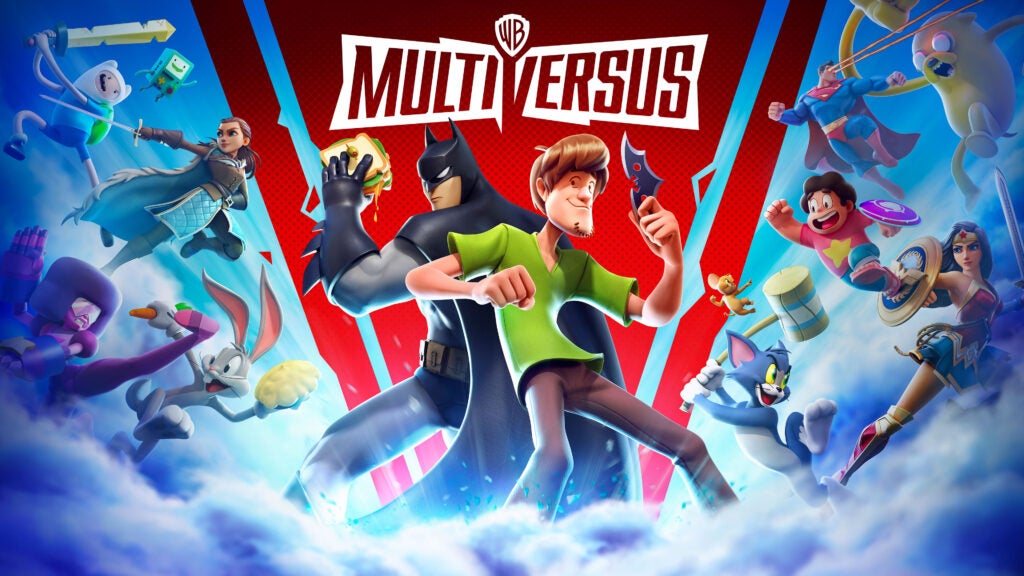
Winner: Multiversus
At a time when brand new games are costing upwards of £70 to play at launch, the idea of a free to play title just sounds too alluring to ignore.
Personally, I’ve been somewhat standoffish with the free to play model, having largely avoided Fortnite and spending far less time driving around in Rocket League since the game dropped its price tag completely. With that said, Multiversus might be the first free to play game that truly woos me.
For starters, its core concept is fantastic. Until now, the multi-franchise genre has been dominated by Super Smash Bros, to the point where we rarely see any major competitors. PlayStation All-Stars Battle Royale came out almost 10 years ago, and the recent Nickelodeon All-Star Brawl, whilst fun, lacked the same polish as Nintendo’s offering.
Warner Bros however is one of the few companies that can match Nintendo for world renowned franchises, with the current Multiversus roster featuring characters from DC Comics, Hanna-Barbera cartoons and even Game of Thrones. Speaking as a long-time Super Smash fan, I can also say that this is the closest rival to mimic the series and in doing so it creates a rewarding gameplay loop that’s hard to put down.
What’s most impressive of all however is in how microtransactions do not affect the gameplay in any way, and it never feels as though you’re being bombarded with adverts for purchasing more in-game currency. It’s an impressive feat, and one that’s clearly resonating with gamers in the tens of thousands – one can only hope that Multiversus sets a new standard in the free to play market.
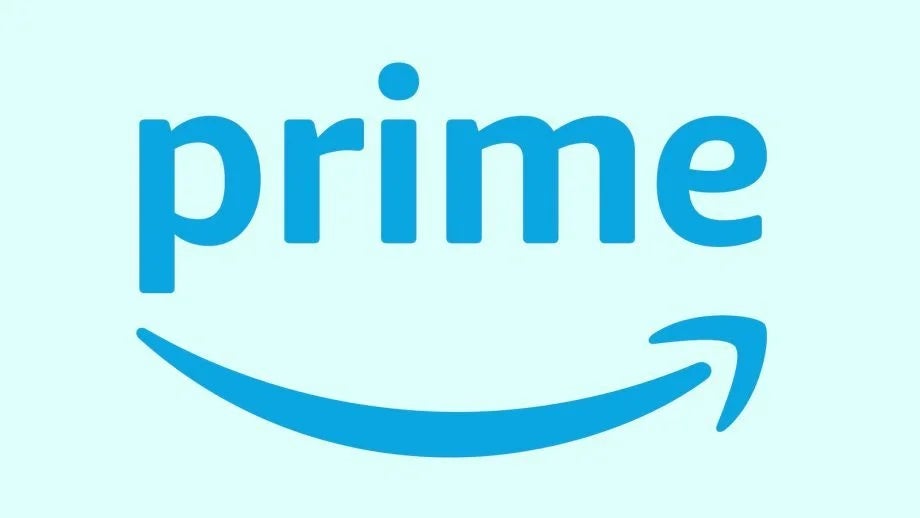
Loser: Amazon Prime
The landscape of streaming services is no longer what it once was – an issue exemplified by the recent addition of Paramount Plus into the mix.
Being up to date with the latest shows used to be a given, but with so many streaming services available it’s now something of a flex to say that you’re signed up to more than one or two. This hasn’t been helped by gradually increasing prices and Prime Video is now the latest victim of such a hike – the only problem is that Prime itself is far less negotiable than other services.
For context, the price of Prime has remained the same since 2014, and from September 15 the monthly cost will rise to £8.99 (from £7.99) while the annual rate will increase from £79 to £95. If it was simply a matter of weighing up your access to Prime Video then I’d imagine a fair amount of customers would simply cancel their subscription, only to pick it back up if a new must-watch show hits the service, but it’s the inclusion of next-day delivery that’s sure to be the biggest sticking point.
After all, next-day delivery was the original selling point of Amazon Prime and for a lot of people – particularly during the pandemic – quick access to daily essentials is a huge thing to give up. People working from home in remote areas and parents taking care of their children have come to rely on the service for all sorts, and it’s not something that’s as easily given up as a Netflix subscription.
Of course, this price increase is part of a wider trend involving rising costs across the board. As mentioned earlier, the Meta Quest 2 – which has been on the market since 2020 – is set to cost £100 more from next week. Simply put, it’s a bad time for consumers and one that, unfortunately, doesn’t seem to be letting up.



